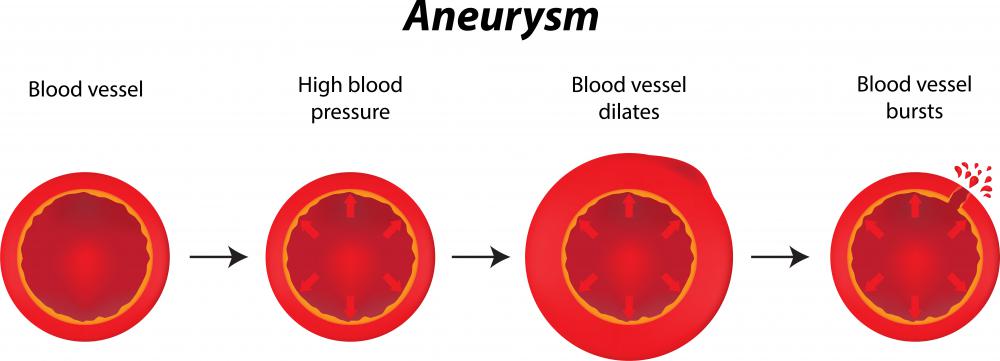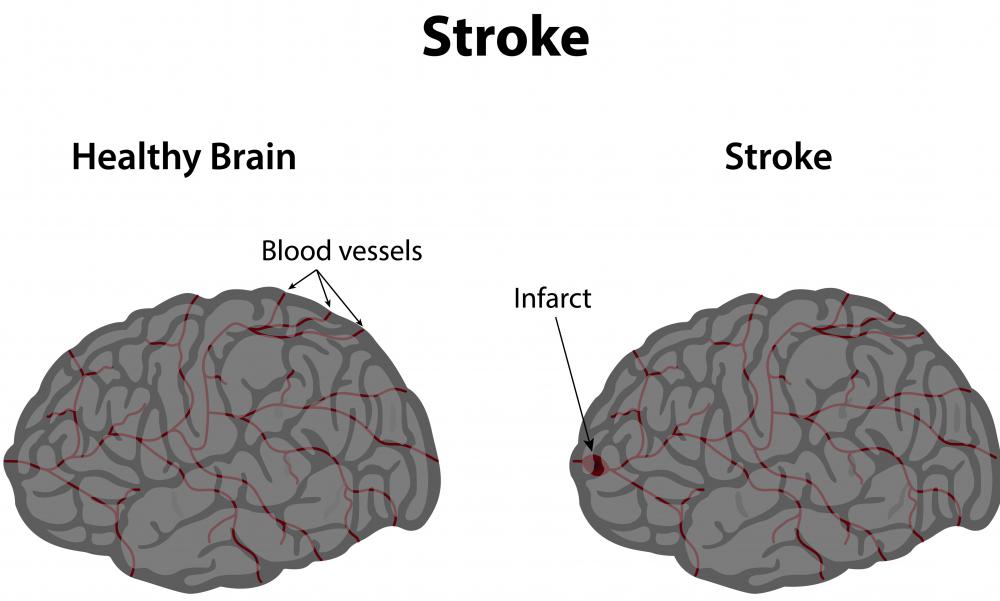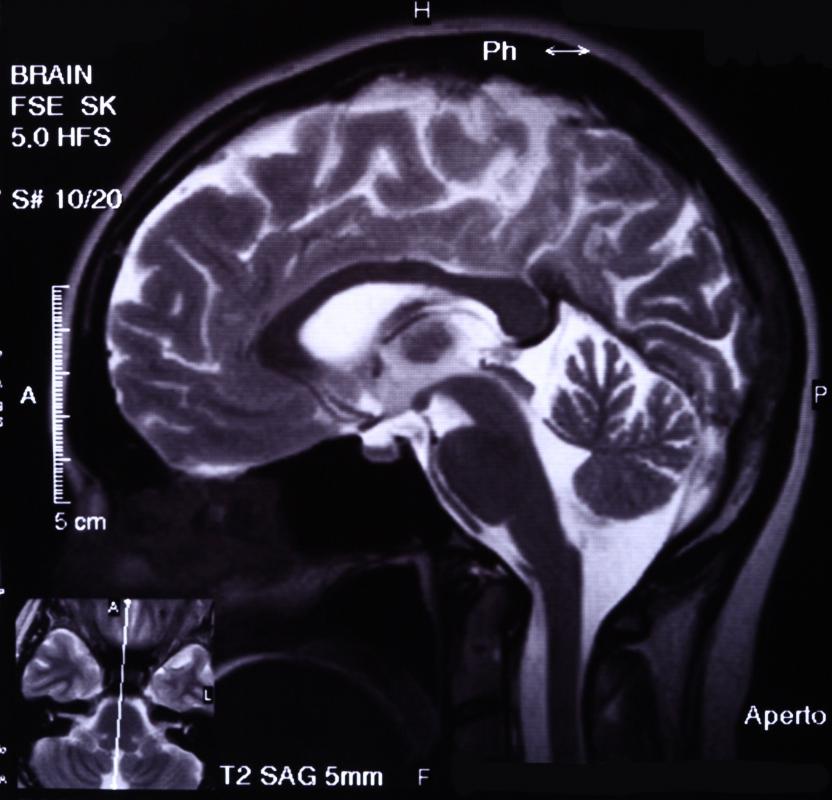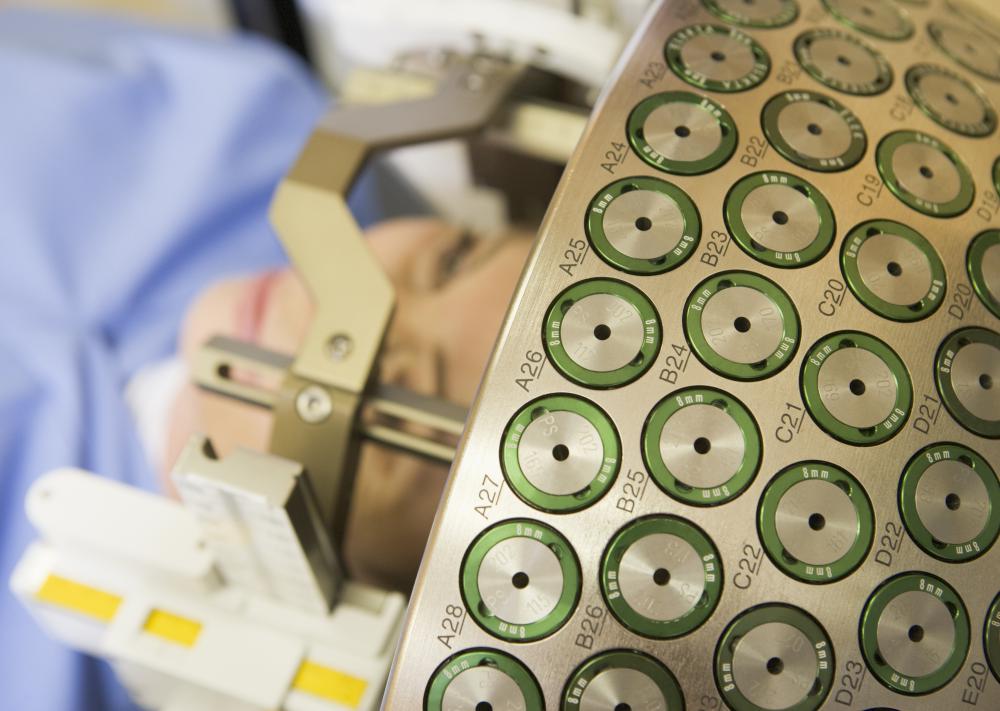At PracticalAdultInsights, we're committed to delivering accurate, trustworthy information. Our expert-authored content is rigorously fact-checked and sourced from credible authorities. Discover how we uphold the highest standards in providing you with reliable knowledge.
What is Interventional Neurology?
Interventional neurology is a medical subspecialty which involves the use of medical imaging equipment to visualize the head, neck, and spine for the purpose of diagnostic and therapeutic procedures. Practitioners in this field have trained in fields such as neurology or radiology before pursuing a fellowship in interventional neurology to get specialized training. They can work for hospitals and neurology centers, offering a wide variety of procedures to their patients. People usually see this type of medical specialist when they are referred by another doctor.
In interventional neurology, the doctor uses medical imaging equipment to clearly visualize the area of interest so that he or she can perform a procedure. For example, during an embolization procedure, the doctor could monitor the placement of instruments and the progress of the embolization with the assistance of angiography. The procedures are designed to be minimally invasive, reducing the risks for the patient and decreasing the time required for healing and recovery. Some examples of conditions which can be treated by an interventional neurologist include: stroke, vascular malformations, arteriovenous malformations, vasospasms, some types of tumors, and aneurysm.

Interventional neurology provides a number of options for treatment, including alternatives to more invasive procedures and treatment approaches for patients who would not have options without the skills of this type of medical specialist. For example, in cases of ischemic stroke where a patient arrives at the hospital outside of the time window open to traditional treatment, an interventional neurologist may be able to address the patient's condition.

Specialists in this field have access to a variety of medical imaging equipment which they can use in the course of their work. They can take still images as well as video, depending on their needs and the patient's situation. In addition to using medical imaging to guide procedures, interventional neurologists can also use images for diagnostic purposes, checking the head, neck, and spine for signs of abnormalities which could explain why a patient is experiencing neurological symptoms.

This medical specialty is also known as neurointerventional surgery or interventional neuroradiology. There are a limited number of qualified specialists in the field, and patients who need the services of an interventional neurologist may need to go to a major city for medical treatment, as larger cities tend to offer more options, including treatment at university-affiliated hospitals which may provide access to some of the latest techniques in medicine, including interventional neurology.
AS FEATURED ON:
AS FEATURED ON:

















Discuss this Article
Post your comments